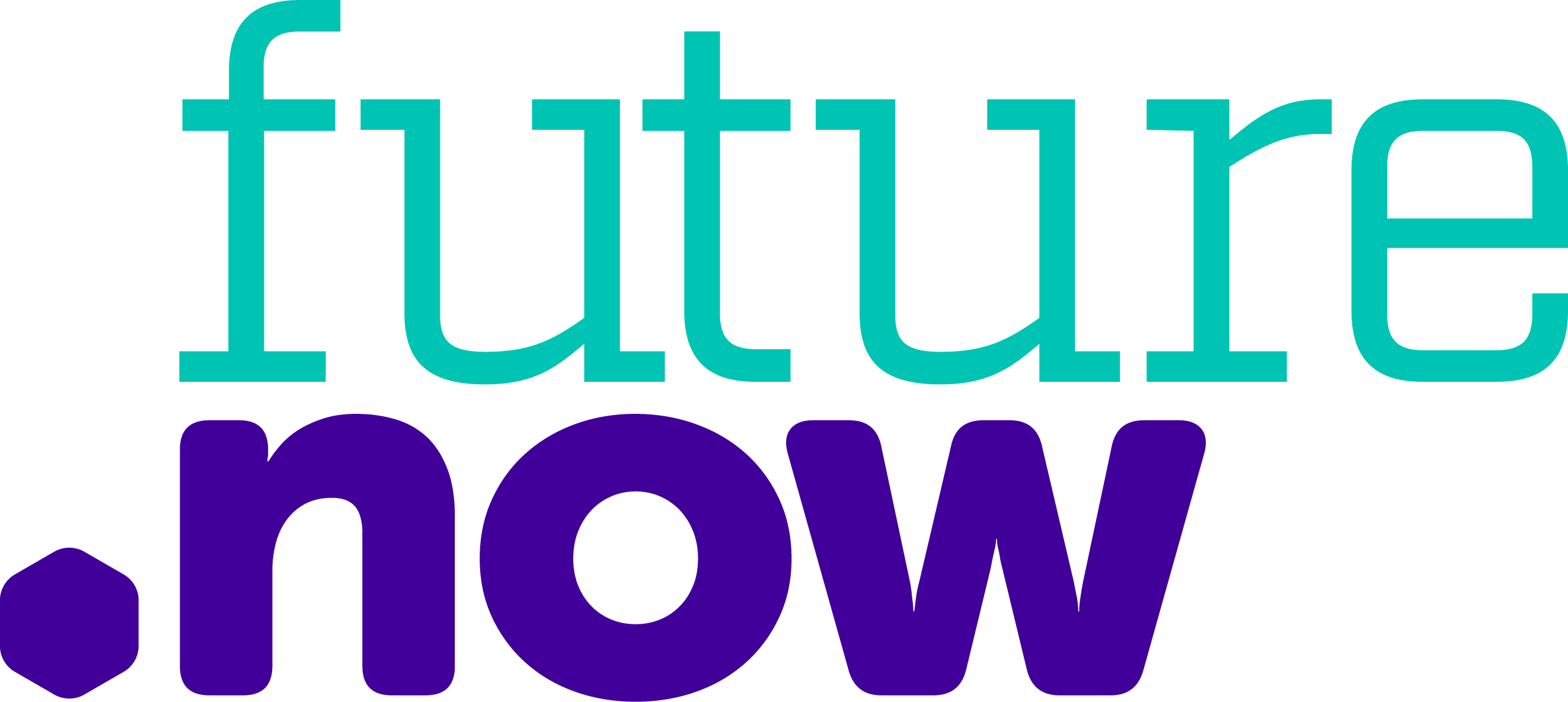An open letter from FutureDotNow to the Secretaries of State for Education and Science, Technology and Innovation, co-signed by a coalition of cross-sector leaders.
The Rt Hon Bridget Phillipson MP
Department for Education
The Rt Hon Peter Kyle MP
Department for Science, Innovation and Technology
Thursday 15 August 2024
Dear Secretaries of State,
Firstly, many congratulations on your respective appointments as Secretaries of State for Education, and Science, Innovation and Technology. I write to both of you with the hope of ensuring cross-government attention on a critical skills gap that risks holding back progress across almost all of the Government’s core missions. This letter arrives co-signed by a coalition of leading cross-sector organisations, evidence of the cross-cutting nature of this challenge.
Every member of the UK workforce, whether paid or voluntary, must be supported to build the essential digital skills required for working life now and in the future. Industry is stepping up but ambition and leadership from government can power a much-needed Great Digital Catch Up, positively impacting economic growth and breaking down barriers to opportunity for all.
Today, there is a hidden yet widespread lack of basic digital skills and confidence among working-age adults – a challenge FutureDotNow, a cross-sector industry coalition, is acutely aware of. The majority of the labour force is digitally under-skilled, lacking the full suite of digital capabilities industry and government agree are essential for work[I]. This leads to the development of digital products, tools and services for millions of people without the skills needed to use them, impeding adoption, productivity, transformation and growth.
- 7 million people (54% of a UK labour force of 40.2m) lack proficiency in essential digital tasks, such as accessing online payslips, using collaboration tools, and basic online safety[ii].
- This gap is present in all UK regions, sectors, income levels, and education backgrounds.
Available data, though limited and outdated, indicates by 2030 up to two-thirds of the workforce will still lack some essential digital capability, with 5 million workers acutely under-skilled[iii].
Building a digitally capable workforce will secure and grow jobs, boost economic opportunities in all regions and ensure the UK keeps pace with the world. Without action, the skills gap will widen, leaving many unable to access good jobs or essential public services, which will only be exacerbated by the predicted impact of AI and automation. Only 4 in 10 adults plan to enhance their digital skills this year[ii]. This must change.
Currently there is no national strategy or ambition to address this. Business is stepping up, working with FutureDotNow to drive action to close this digital skills gap in working-age adults, but they cannot do this alone.
The new government can capitalise on this momentum, working in partnership with industry to rapidly realise a national plan as part of its Growth mission, ensuring all working-age adults have the core digital capability they need to thrive.
THE UK’S GREAT DIGITAL CATCH UP
Three, extremely low-cost steps must be actioned to rapidly move millions of working-age adults up the digital value chain. Implementing them, will enable and encourage business to attack the workforce digital deficit at scale and pace, embedding targeted training across the employee life cycle (e.g. in every apprenticeship, bootcamp and induction). Without action, growth will be held back.
- Establish a shared national ambition: The UK and its regions need a national ambition for essential digital capability to coalesce around. The Government can utilise the business community mobilised by FutureDotNow to shape and validate measurable, time-bound, national targets. Success will positively impact the Government’s cross-cutting missions, so the ambition will need recognition across departments and mission boards.
- Define the national minimum digital skill set for workers: The Essential Digital Skills Framework, a UK asset admired and emulated internationally, hasn’t yet been effectively leveraged by the UK government. Skills England and the new UK industrial strategy provide an ideal opportunity for the Government to adopt the work skills in the framework as the minimum digital skill set for working-age adults. Building on previous activity from DfE and DSIT, the Government can validate this existing common language and framework, and work with industry to ensure it keeps pace with technological advances.
- Empower and galvanise business action: The new Growth and Skills Levy provides a unique opportunity to pump-prime action. Requiring all apprenticeships to incorporate digital essentials regardless of discipline, and allowing employers to provide essential digital skills training via the levy would immediately unlock significant business capacity. Furthermore, the Government must consistently advocate for ongoing industry action on digital essentials. Ministerial attendance at a FutureDotNow event would guarantee engagement with an audience of business leaders primed to drive greater action on this vital issue.
I would welcome the opportunity to meet to discuss how the FutureDotNow coalition might support government efforts to ensure we have a UK workforce with the digital capability and confidence needed to drive growth and provide opportunities for all.
Yours sincerely
Liz Williams MBE
Chief Executive, FutureDotNow
Co-signatories:
Shaheen Sayed
Market Unit Lead UKIA
Michael Burgess
Chief People Officer
Lee Web
Director, Customer Care and Digital
Rashik Parmar MBE
Group CEO
John Dickie
Chief Executive
Peter Cheese
Chief Executive
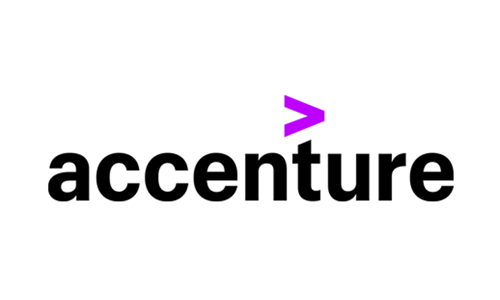

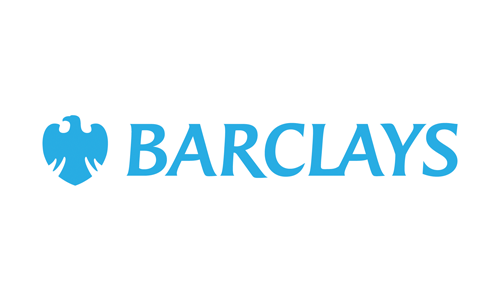
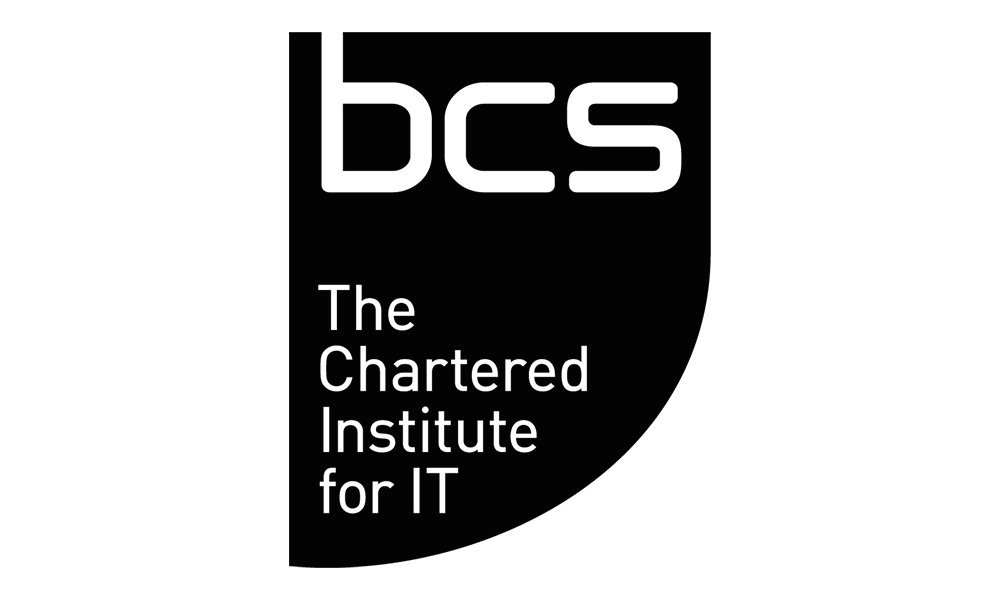

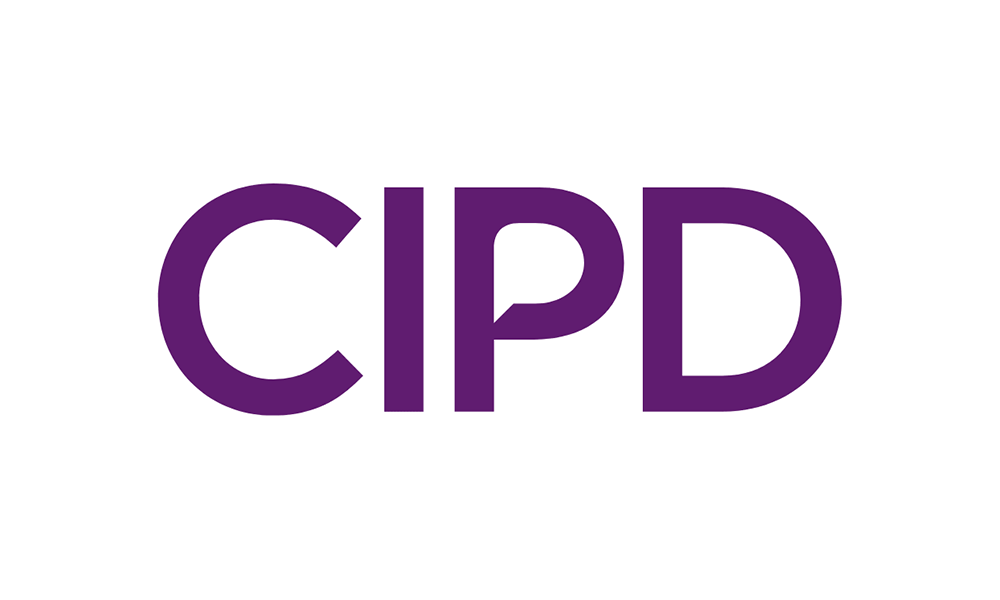
Chintan Patel
Chief Technology Officer
Patrick Craven
Executive Director, Policy, Comms and Stakeholder Partnerships
Jackie Henry
UK Managing Partner, People and Purpose
Russ Shaw CBE
Founder
Helen Milner OBE
Chief Executive
Paul Fletcher
Chief Executive

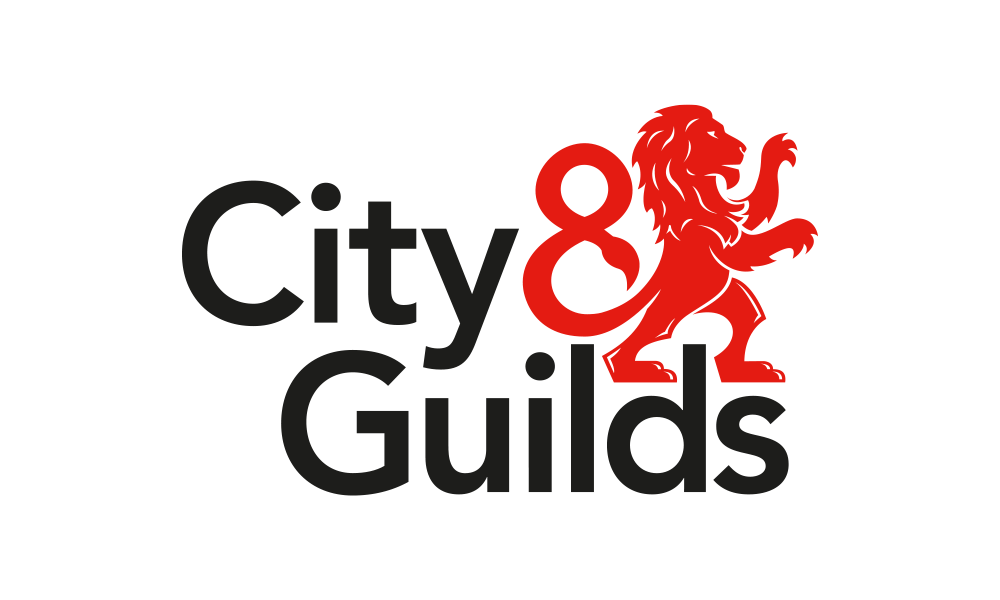

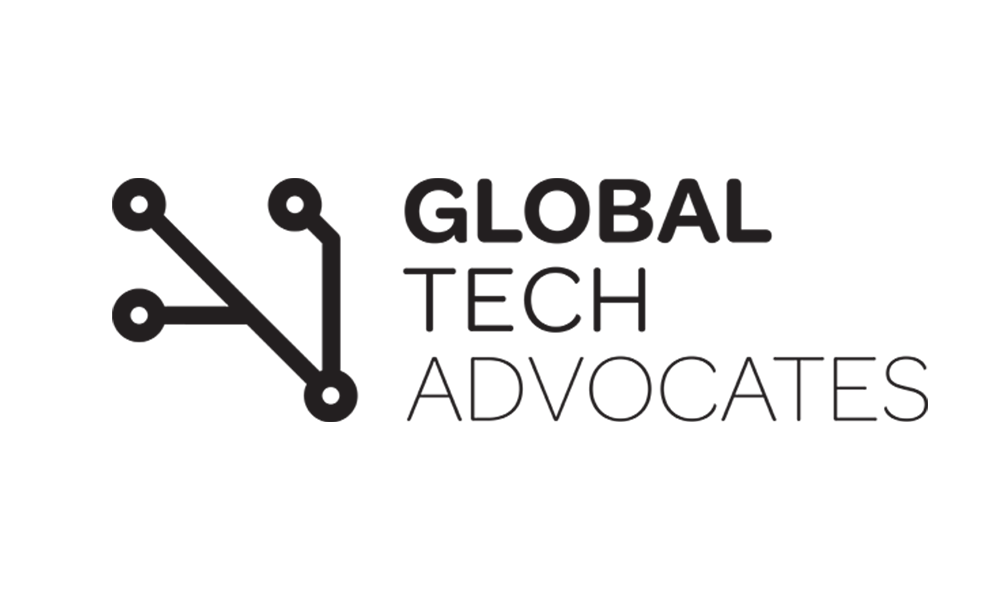

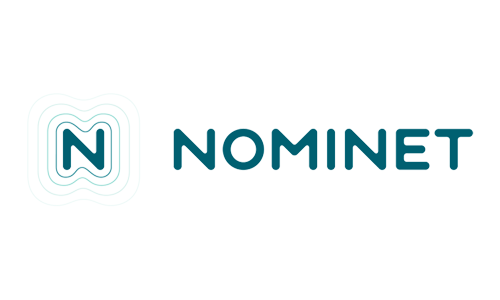
Deborah O’Neill
Partner and Head of Digital, Europe
Zahra Bahrololoumi CBE
CEO UK&I
Julian David
Chief Executive
Rebecca Garrod-Waters
Chief Executive
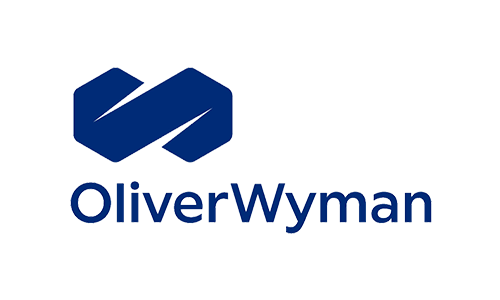


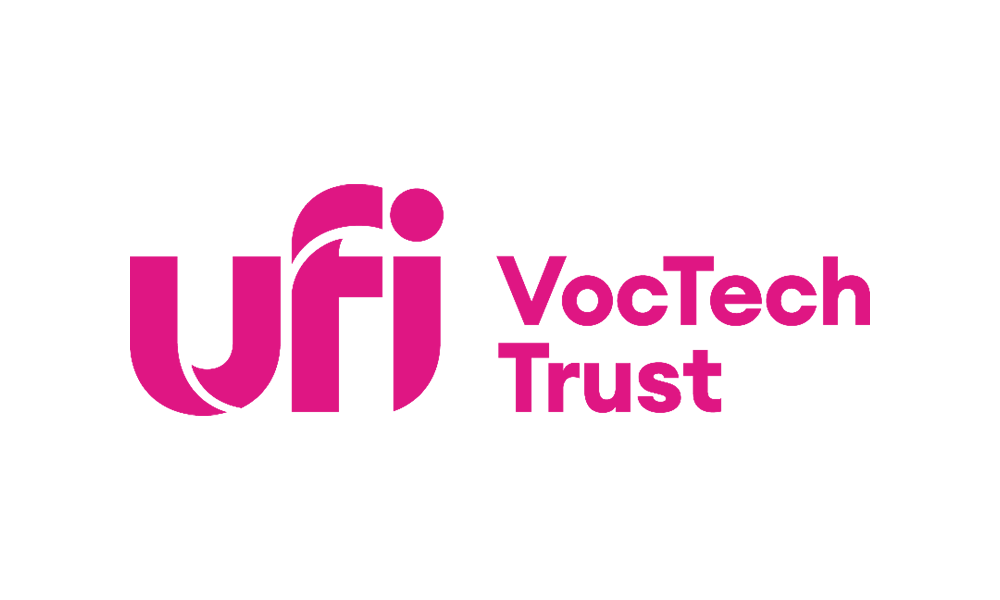
[i] Essential Digital Skills framework produced by DfE in association with industry details the very basic digital skills needed for life and work: https://www.gov.uk/government/publications/essential-digital-skills-framework
[ii] Lloyds Bank Consumer Digital Index 2023.
[iii] Industrial Strategy Council: UK Skills Mismatch in 2030, 2019
